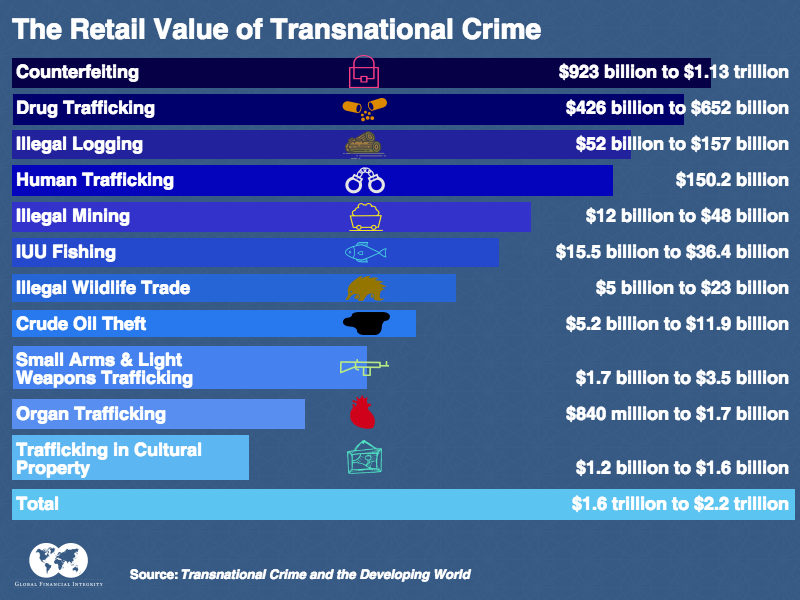International Extradition and International Law
by Admin
Posted on 12-05-2025 07:52 PM

Definition and Principles of International Extradition
International extradition is the formal process by which one country transfers an individual to another country to face trial or punishment for crimes committed. This process is based on the principle of mutual legal assistance, which requires countries to cooperate with each other in the pursuit of justice. The principles of international extradition are rooted in international law, including the United Nations Convention against Transnational Organized Crime and the European Convention on Extradition.
History of International Extradition
The concept of international extradition dates back to ancient times, when countries would negotiate treaties to exchange individuals who had committed crimes. However, it wasn't until the 19th century that international extradition became a formalized process, with the signing of the first extradition treaties between countries. Today, international extradition is an essential tool for combating transnational crime, including terrorism, human trafficking, and cybercrime.
Development of Extradition Treaties
The development of extradition treaties has been a key factor in the evolution of international extradition. These treaties establish the framework for cooperation between countries and provide a basis for the transfer of individuals. Extradition treaties typically include provisions on the types of crimes that are eligible for extradition, the procedures for making extradition requests, and the safeguards for protecting the rights of individuals who are subject to extradition.
Challenges in International Extradition
Despite the importance of international extradition, there are several challenges that countries face in implementing this process. One of the main challenges is the differences in legal systems and procedures between countries, which can make it difficult to coordinate extradition requests. Additionally, countries may have different standards for human rights and the treatment of prisoners, which can raise concerns about the safety and well-being of individuals who are transferred.
International Law and Extradition
International law plays a crucial role in governing international extradition. The United Nations Convention against Transnational Organized Crime, for example, provides a framework for countries to cooperate in the fight against transnational crime, including through extradition. The European Convention on Extradition also establishes a set of principles and procedures for extradition between European countries.
Role of the United Nations
The United Nations has played a key role in promoting international cooperation on extradition. The UN Convention against Transnational Organized Crime, for example, has been ratified by over 180 countries and provides a framework for cooperation on extradition and other forms of mutual legal assistance. The UN also provides technical assistance and training to countries to help them build their capacity to implement extradition requests.
Types of Extradition
There are several types of extradition, including ordinary extradition, simplified extradition, and provisional arrest. Ordinary extradition is the traditional form of extradition, which involves a formal request from one country to another for the transfer of an individual. Simplified extradition, on the other hand, is a faster and more streamlined process that is used for less serious crimes. Provisional arrest is a temporary measure that is used to detain an individual until a formal extradition request can be made.
Ordinary Extradition
Ordinary extradition is the most common form of extradition and involves a formal request from one country to another for the transfer of an individual. This process typically involves a number of steps, including the issuance of an arrest warrant, the notification of the individual's presence in the country, and the submission of a formal extradition request.
Simplified Extradition
Simplified extradition is a faster and more streamlined process that is used for less serious crimes. This process typically involves a simplified procedure for making extradition requests and may not require the same level of documentation and evidence as ordinary extradition.
Country-Specific Extradition Laws
Each country has its own laws and procedures for extradition, which can vary significantly. Some countries, for example, have a list of crimes that are eligible for extradition, while others may require a formal treaty or agreement before extraditing an individual. Understanding these country-specific laws and procedures is essential for navigating the complex process of international extradition.
United States Extradition Laws
The United States has a complex set of laws and procedures for extradition, which are governed by the Extradition Act of 1932. The US has extradition treaties with over 100 countries and has a number of procedures in place for making extradition requests, including the issuance of provisional arrest warrants and the submission of formal extradition requests.
It seems like you forgot to provide the anchor text and URL. Please provide them, and I'll be happy to assist you in adding the anchor to the given text.
FAQs
What is international extradition?
International extradition is the formal process by which one country transfers an individual to another country to face trial or punishment for crimes committed.
What are the principles of international extradition?
The principles of international extradition are rooted in international law and include the principle of mutual legal assistance, which requires countries to cooperate with each other in the pursuit of justice.
What are the types of extradition?
There are several types of extradition, including ordinary extradition, simplified extradition, and provisional arrest.
What is the role of the United Nations in international extradition?
The United Nations plays a key role in promoting international cooperation on extradition, including through the UN Convention against Transnational Organized Crime.
How does country-specific extradition laws affect the extradition process?
Each country has its own laws and procedures for extradition, which can vary significantly and affect the extradition process.
What is the importance of international extradition in combating transnational crime?
International extradition is an essential tool for combating transnational crime, including terrorism, human trafficking, and cybercrime, by allowing countries to work together to bring individuals to justice.
